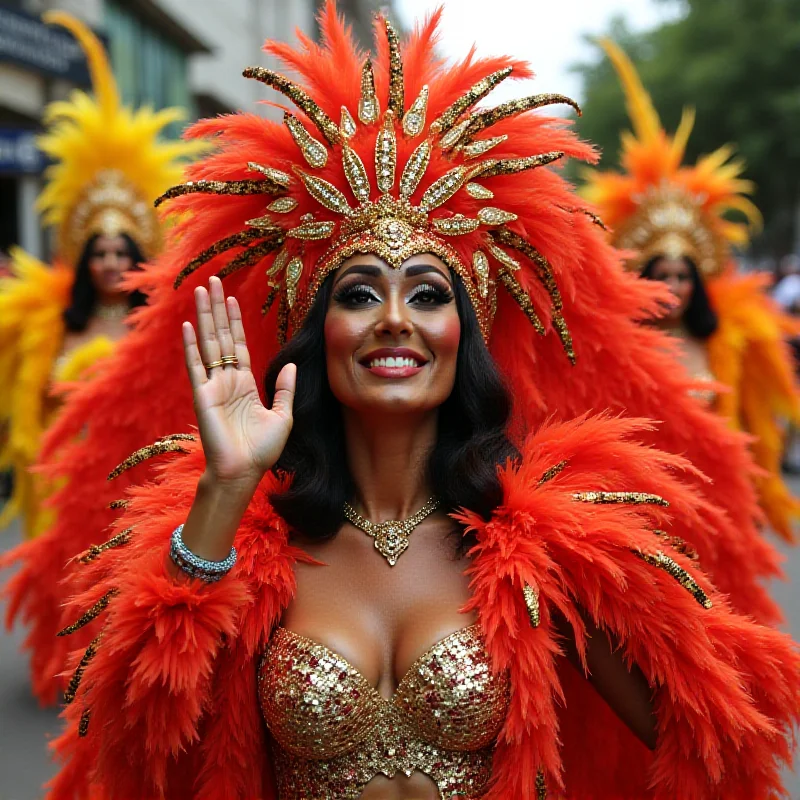Carnival celebrations, typically a time for revelry and cultural expression, were marked by controversy and legal concerns this year. Former President Jair Bolsonaro found himself in the spotlight for remarks made during the festivities, while law enforcement grappled with a surge in "Dry Law" violations.
Bolsonaro's Misogynistic Comments
A video released by Jair Renan captured former President Jair Bolsonaro (PL) making derogatory comments about women associated with the Workers' Party (PT). The remarks, deemed misogynistic, were reportedly made during a conversation with supporters in Angra dos Reis during the Carnival holiday. The controversy sparked widespread condemnation and reignited debates about the former president's rhetoric.

The specific nature of the comments, labeling PT women as "ugly" and "unacceptable," drew immediate criticism.
"These kinds of statements are unacceptable and demonstrate a lack of respect," said a spokesperson for a women's rights organization.The incident highlights the ongoing tensions and divisions within Brazilian politics.
Increased "Dry Law" Infractions
Adding to the complexities of this year's Carnival, the Polícia Rodoviária Federal (PRF), or Federal Highway Police, reported a significant increase in violations of the "Dry Law." This law prohibits driving under the influence of alcohol. "Operation Carnival," which ran from February 28th until this past Wednesday, aimed to ensure public safety during the holiday period. The increased number of infractions suggests a concerning trend of irresponsible behavior on the roads.

Political Divide and Carnival
Deputy Erika Hilton weighed in on the political dimensions of Carnival, suggesting that the spirit of the event "doesn't jibe" with right-wing ideologies. Hilton, a prominent figure in the Paraíso do Tuiuti samba school, one of the highlights of this year's parades, emphasized the cultural and potentially subversive aspects of Carnival that may clash with conservative values. Her statement added another layer to the multifaceted narratives surrounding this year's festivities.

Carnival continues to be a complex and dynamic event, reflecting the social, political, and cultural currents of Brazil. This year's celebrations were no exception, marked by both joyous expression and serious concerns.
